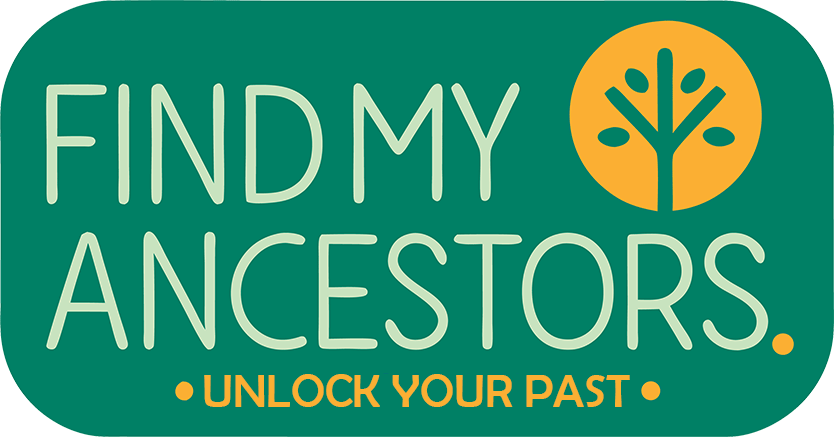Why do people get into family history research? For some, it’s a dusty photograph in a box or a family rumour passed down through generations. Whatever the reason, once you start digging into your past, it can become a rewarding, sometimes surprising journey.

Genealogy is one of the most rewarding hobbies out there. Part detective work, part storytelling, and a whole lot of discovering things you never expected.
You don’t need to be an expert or have a big archive to get started. Just a bit of curiosity and a few clues can lead to some pretty amazing discoveries.
If you’re wondering whether it’s worth starting your own family history project, here are ten good reasons that might convince you.
1. To understand where you come from
Knowing your roots can give you a stronger sense of identity. It helps place you in a bigger story, one that stretches back through generations and crosses countries, cultures and histories. Finding out where your family came from can make you feel more connected to the past.
2. To uncover your ancestors’ daily lives
Family history isn’t just about names and dates. It’s about stories. What did your great-grandmother do for a living? What kind of house did your ancestors live in? Did they work in a mill, run a corner shop, or raise animals on a hillside farm? These little details bring history to life in a way textbooks never can.
3. To discover your ancestors’ occupations
Work was central to most people’s lives, and occupations often ran in families. Tracing your ancestors’ trades, be they miners, weavers or shipbuilders, can reveal how your family survived, adapted and passed down skills through the years.
4. To solve family mysteries
Many people start researching because of a rumour or mystery. Was someone adopted? Why did a branch of the family change their surname? Did someone disappear from the records or emigrate? Solving these puzzles can be both satisfying and enlightening.
5. To preserve stories for the next generation
Family stories can fade fast if they’re not written down. Researching your family history allows you to capture and share what you find with relatives now while preserving those stories for future generations.
6. To explore social and local history
Through the lens of your family, you can learn about the bigger picture. The history of towns and villages, changes in education and housing, wars, migrations and even economic booms and busts. Your ancestors lived through it all, and understanding the context can connect you to their lives.
7. To connect with others
Family history often brings people together. You might reconnect with distant relatives, discover cousins you didn’t know you had, or share stories with older family members. Many researchers also enjoy joining local history groups or online communities to learn and share tips.
8. To uncover surprising connections
Could your family be connected to someone famous? Or infamous? It’s not unheard of to stumble on royal lines, war heroes, inventors or criminals. Whatever you find, the unexpected is part of the adventure.
9. To get inspired by the past
Sometimes the past can be just the inspiration you need. Whether it’s learning about a strong ancestor who overcame hardship or a curious story from a century ago, these connections can be motivating or even humbling.
10. Because it’s fun (and a bit addictive)
Once I started tracing my family tree, it was hard to stop. It’s like solving a puzzle where every answer leads to a new question. There’s satisfaction in the hunt, breaking through dead ends and seeing the bigger picture slowly come together.
Final thoughts
Hopefully, you’ll see that researching your family history isn’t just for the experts. You don’t need to know everything before you start. You just need a bit of curiosity and a willingness to follow the trail.
